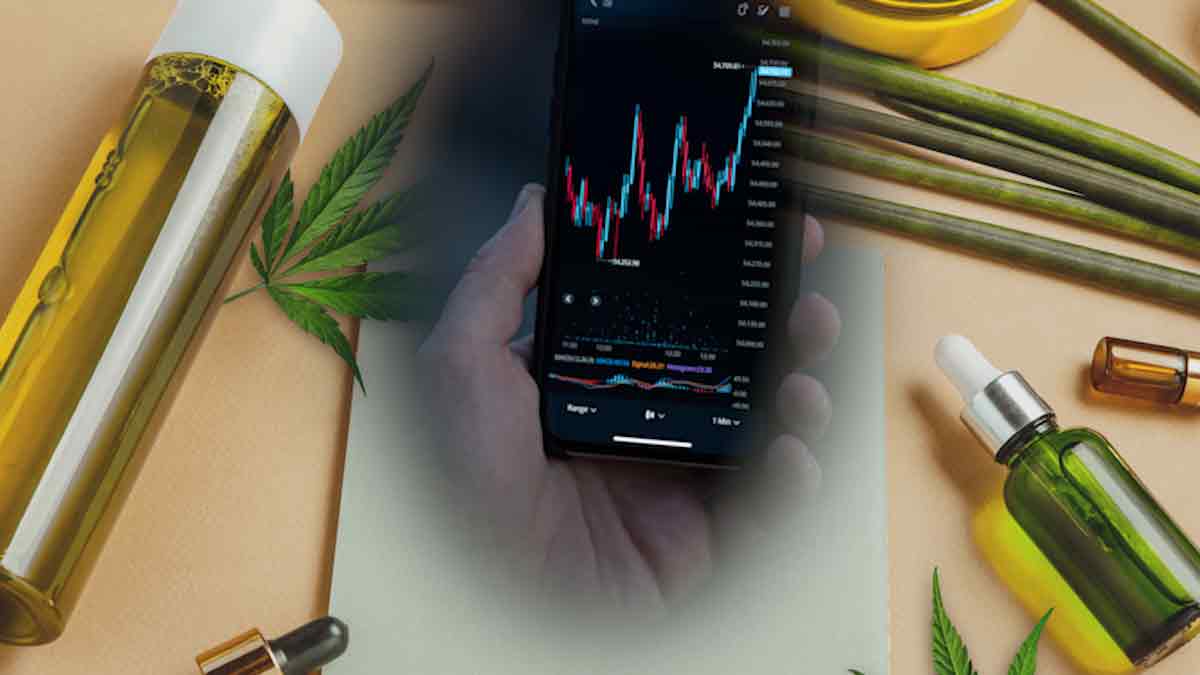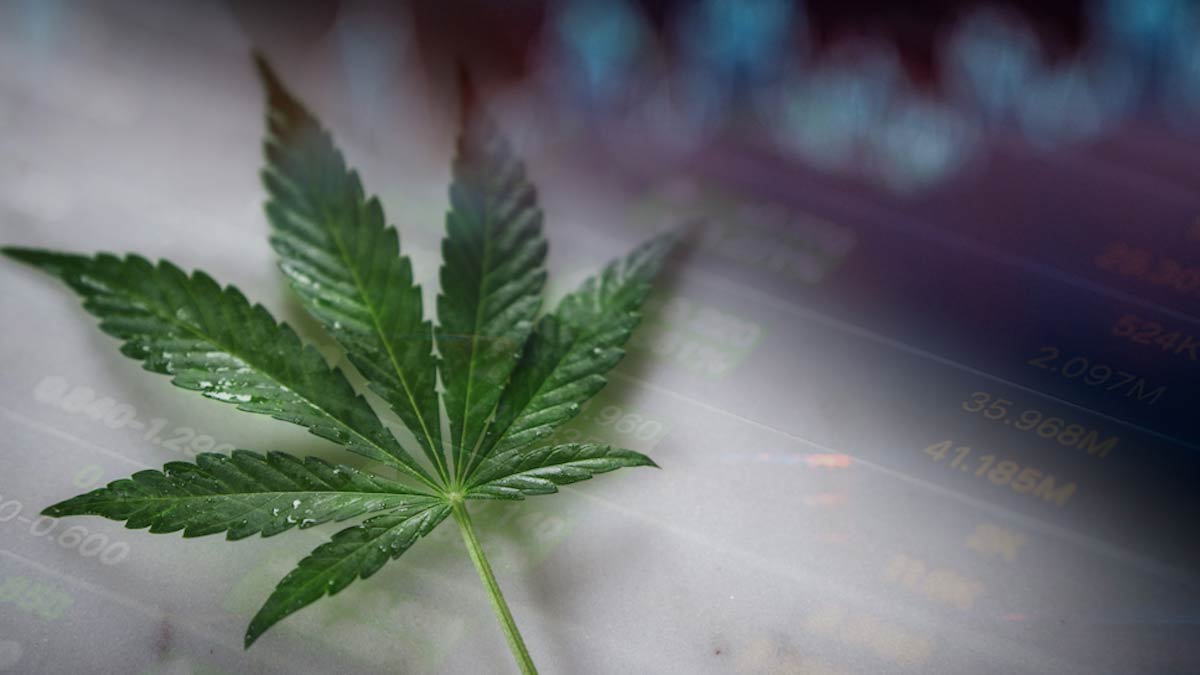Colorado has not only been at the forefront of the marijuana revolution through the state’s efforts to legalize recreational marijuana, but Colorado is also a leader in industrial hemp research. The University of Colorado Boulder has scientists studying industrial hemp for research purposes.
These efforts are being led by Nolan Kane, a geneticist who specializes in evolutionary biology. Right now, Kane is only allowed to grow strains. The rest of his research material is cannabis DNA, which is supplied by Colorado growers who extract it using methods he’s taught them.
Kane said, “Hemp produces fibers of unparalleled quality. It’s a tremendously high biomass crop that replenishes the soil and doesn’t require much in terms of inputs. We import tons and tons of hemp each year from China and even Canada, yet as a matter of federal policy, we can’t legally grow it. There are places where farmers in the U.S. can literally look across the Canadian border and see fields that are yielding huge profits.”
Creating an outline of a cannabis genome
Kane studies cannabis from a unique perspective. He probes the plant’s DNA in an effort to map its genome. Previously, Kane studied the DNA and mapped the genome of sunflowers and chocolate whose sequence was over 3.5 billion nucleotides. He is focused on creating an outline of a cannabis genome, which has a much shorter sequence (approx. 800 million nucleotides). A highly fragmented outline of the cannabis genome already exists, but it is scattered into roughly 60,000 pieces. Kane considers cannabis to be a very intriguing plant and he wants to assemble those fragments in the right order.
He added, “It’s such an interesting plant, such a valuable plant. It’s been around for millions of years, and it’s one of man’s oldest crops. And yet there are so many basic problems that need to be answered. Where did it come from? How and why did it evolve? Why does it make all these suites of compounds? We don’t even know how many species there are.”
Once the map is complete, geneticists will be able to use it in a number of ways. They could breed strains that contain much higher levels of one of the plant’s rare compounds with medically important properties.
“The analogy I use is, we have 60,000 pages of what promises to be an excellent book, but they’re strewn all over the floor,” he says. “We have no idea yet how those pages fit together to make a good story.”
Many people are more than a little eager to learn how Kane’s story will play out. “There’s a certain pressure,” he says, “because this work will have huge implications, and anything we do in this lab will be under a lot of scrutiny. You can feel it. People are just wanting this to happen.”
Hemp can change the world
Kane’s efforts will leave a lasting impact on the cannabis industry. The work being conducted at his lab will be transform our understanding of the plant, as well as the understanding of ourselves. The results will not only transform the cannabis industry, but it could transform the medical, agricultural, and biofuel industry. Kane’s face lights up with excitement when he discusses how hemp benefit so many industries. These industries include, but are not limited to the following:
- Paper products: Hemp can be used to make paper and it only takes a couple of months to grow. Hemp is environmentally friendly, naturally acid free, and can be recycled up to 7 times (normal paper can be recycled up to 3 times).
- Clothing: Hemp can be used to make clothing. One acre of hemp produces as much material as 2-3 acres of cotton.
- Building materials: Hemp can be turned into a variety of building materials (i.e. fiber board, carpet, stucco, cement blocks, insulations, and plastic). You can build a wall out of hemp that is rot free, pest free, mold free, fire resistant, and will last 500 years. You can also make biodegradable plastic out of hemp.
- Gasoline/Fuel: Hemp can be turned into fuel that can be used in your car today.
- Nutrition: Hemp can be used as a supplement for nutrition. It is high in protein and contains essential omega 3 & 6 fatty acids, potassium, and dietary fiber
A $50 billion industry by 2026
The best part about growing hemp is the conditions which it can grow under. If you look at pictures of New York from the mid-1900s, hemp was growing everywhere. Hemp has multiple growing seasons and it can be grown in some of the toughest environments. Researches have estimated that the Florida hemp industry could be a $460 million dollar industry per year.
Technical420’s comprehensive industry report projects the industrial hemp industry to be a $50 billion industry by 2026 and $100 billion by 2030.
Change is coming
Currently, 13 states allow for the commercial production of hemp. More states are looking at the monetary benefits associated with hemp and are less concerned about its association with marijuana. This year, 56 bills dealing with hemp have been filed in 28 states.
Congress is also considering hemp legislation. The Industrial Hemp Farming Act of 2015 would remove hemp entirely from the list of drugs regulated by the Controlled Substances Act, effectively legalizing it at the federal level.
Authored By: Michael Berger
Michael Berger is a financial writer for MarijuanaStocks.com and the president & founder of Technical420, an independent research firm focused specifically on the cannabis sector. He was working for the equity research department at Raymond James Financial Inc., when he recognized a need for a service that provides up-to-date research and analysis on companies that operate in the cannabis industry. Mr. Berger studied finance and economics at Florida State University and is working toward achieving his CFA charter.
MAPH Enterprises, LLC | (305) 414-0128 | 1501 Venera Ave, Coral Gables, FL 33146 | new@marijuanastocks.com










